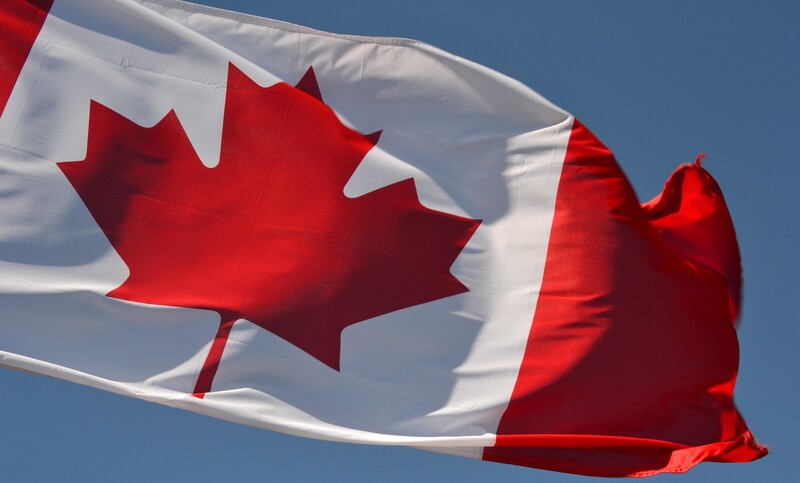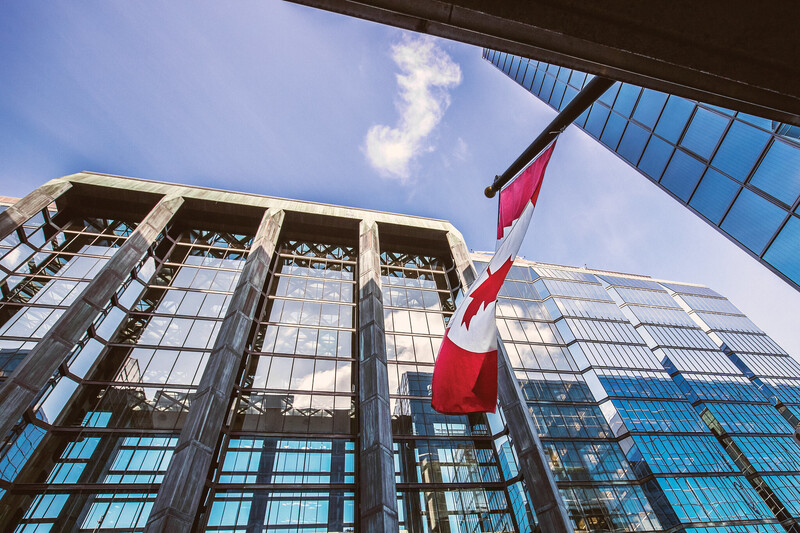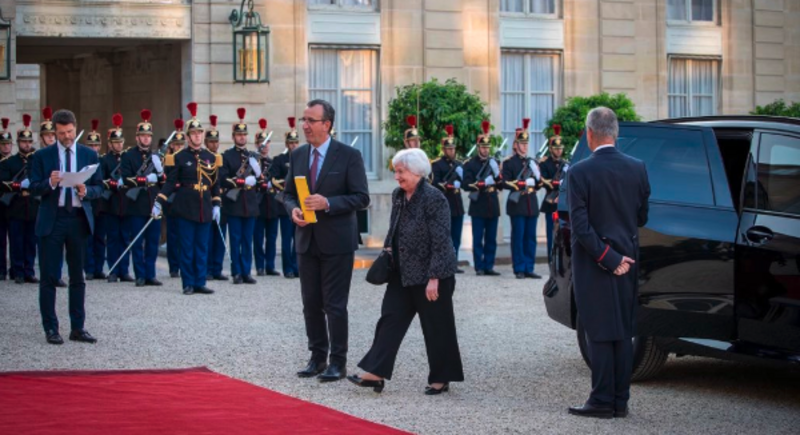Why did inflation fall from multi-decade highs last summer to within the Bank of Canada’s target range last month? It seems like a simple question, but as with most things in economics, the answer is hotly contested.
Catch up: The textbook Econ 101 story is that central banks reduce inflation by raising interest rates, which reduces demand in the economy through some combination of job losses, frozen or lower wages, and a pullback in consumer spending.

.png)


.png)


.png)

